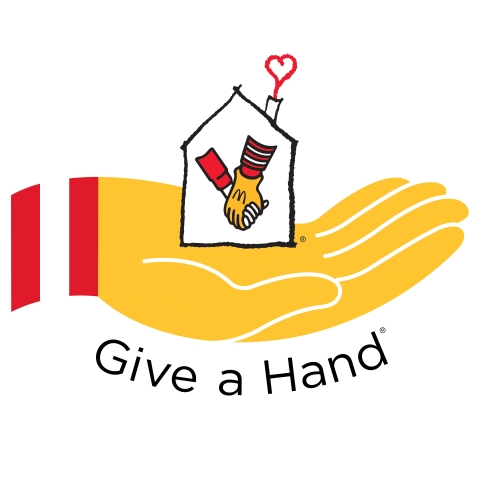Corporate Social Responsibility, Community Service and Trade Shows

By Elizabeth Johnson
Most people have either planned or attended an event with a corporate social responsibility (CSR) activity. CSR, defined as business practices involving initiatives that benefit society, plays a role in helping organizations to be perceived as leaders.
“A benefit of incorporating local community give-back is that if this is part of their company culture, the meeting again has more meaning than just coming together to meet in person,” said Cindy Y. Lo, DMCP, owner and event strategist for Red Velvet Events, a Global DMC Partner and director of communications for Association of Destination Management Executives International.
Research conducted by Impakt Corp., a Toronto-based advisory services firm and published in Forbes, identified five criteria for maximizing investments in CSR: business-based social purpose, clear theory of change, quality and depth of information, concentrated effort and partnering with experts. These criteria can serve as a guide for show organizers planning CSR activities during their events.
Business-based social purpose.
“Leadership-level CSR programs always directly reflect what the business is and what it does,” said Paul Klein, founder of Impakt Corp.
“As a third party organizer, we suggest community activities based on what the client’s company culture is like and what the needs are in the local community,” said Lo. “We also keep in mind the size of their group and the logistics involved—what we suggest for a group of a 100 would be different for a group of 1000.”
Clear theory of change.
“CSR leaders develop proprietary approaches to drive measurable social change,” Klein said.
A community service activity is the event’s opportunity to be creative and do something that stands out, to align with the organization’s mission and make an impact in the community where the event is taking place.
Quality and depth of information.
“Leadership comes from providing employees, customers and external stakeholders with a significant depth of information about the social issue,” Klein said.
The Incentive Marketing Association (IMA) adopted Ronald McDonald House Charities (RMHC) after being inspired by member Bill Martocci’s personal story of the important role RMHC played for his family while his young daughter was being treated in New York. Martocci was the conference chair for the IMRA Marketing Conference and is a passionate spokesperson for both his professional association and RMHC.
Concentrated effort.
“Leadership is shown by corporations that focus their efforts on one social issue and align all their internal and external resources with this issue,” Klein explained.
“The Incentive Manufacturers Representatives Alliance and all of the Strategic Industry Groups within the IMA have adopted RMHC as their charity for 2016 and are raising funds for houses in New York, Houston and New Orleans,” said Ione Terrio of Incentive Marketing Association. “The houses were selected based on strategic alignment with conference/trade shows so IMA could work in person with local RMHC representatives who are invited to present on stage at the conferences.”
Partnering with experts.
“Leadership requires establishing a high degree of credibility. This is best done through relationships with social issue experts and not-for-profit organizations,” Klein said.
Inviting the leaders of the charity to play an active role in educating the event attendees will enhance their interest and levels of participation.
Additionally, to make sure your CSR activity achieves the desired impact on the community, ask your local destination management company if the beneficiary is in true need.
“For example, when build-a-bike programs were popular, smaller cities had such a huge influx that the organization receiving the bikes actually had too many,” Lo said. “I would also suggest changing up the community activity based on the season.”


Add new comment